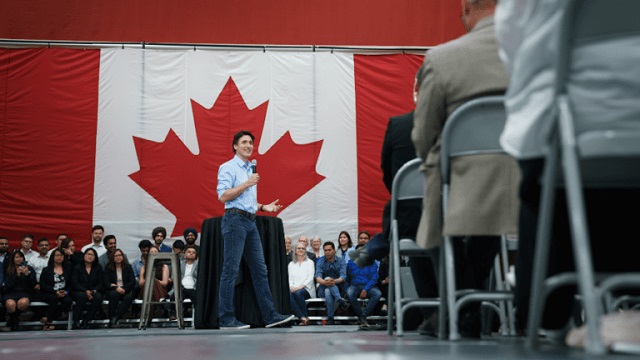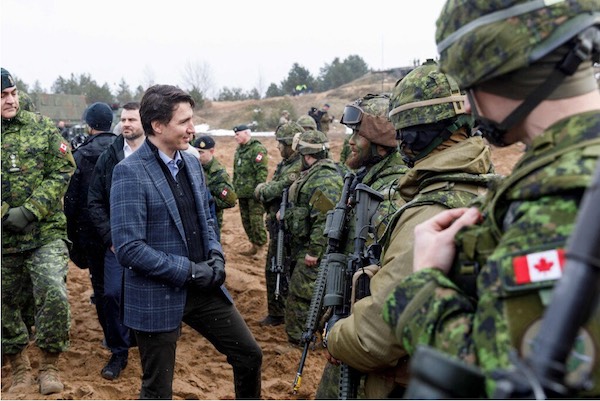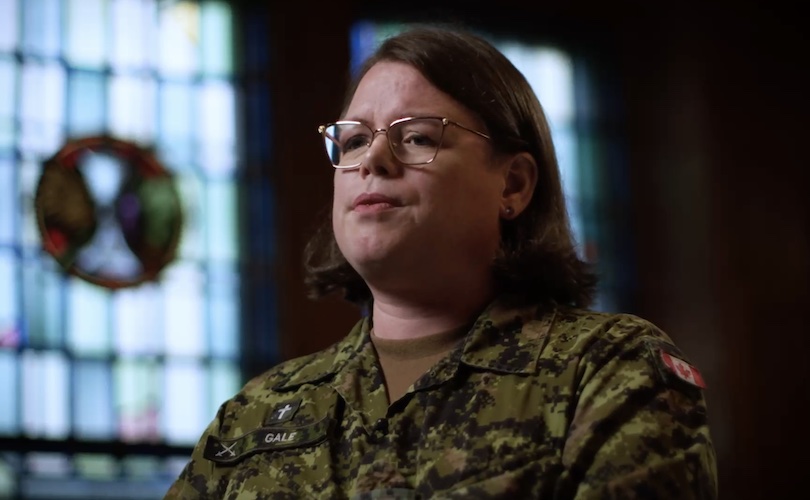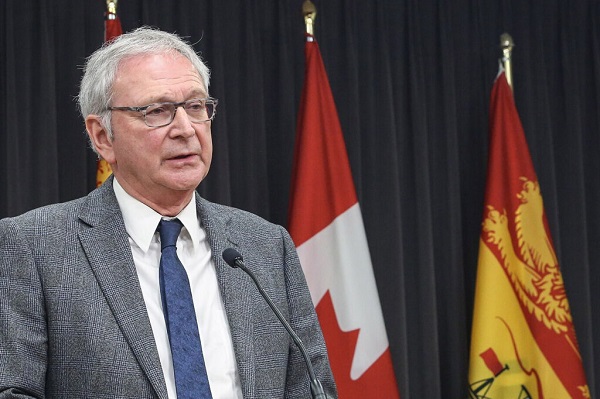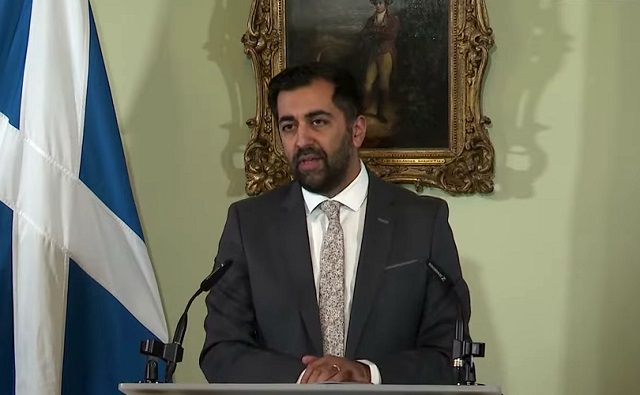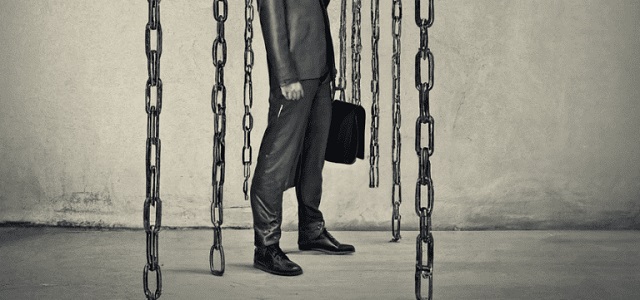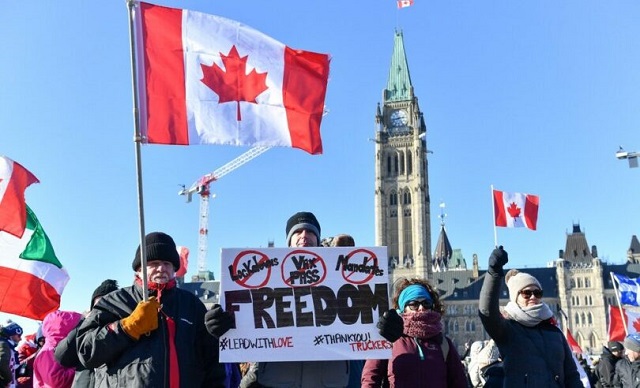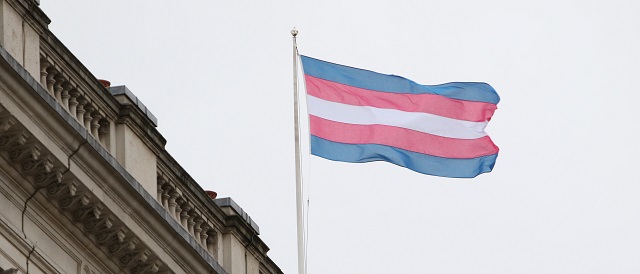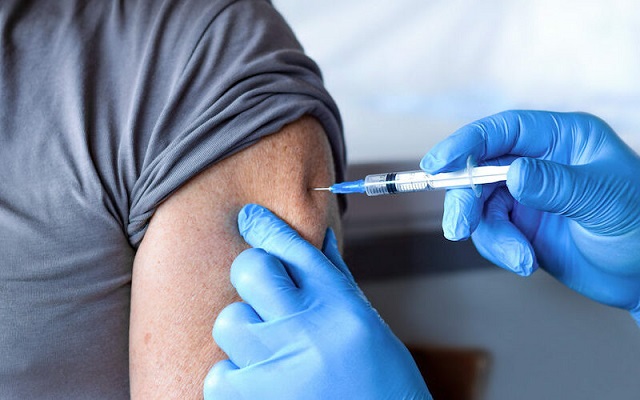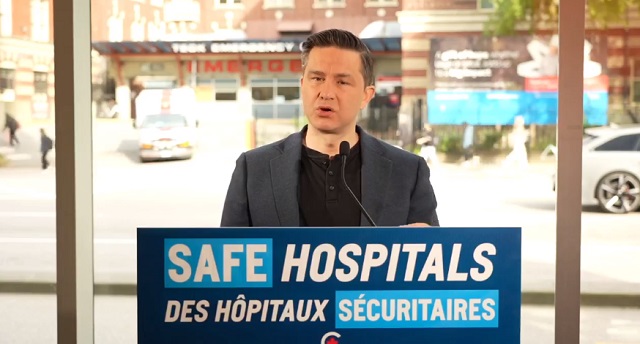By Clare Marie Merkowsky
“These are not Canadian values of freedom and democracy. These are cancel culture values of censorship, of authoritarianism, of radical ideologies that are alien to our culture.”
Canada’s Department of National Defence has spent nearly $10 million on so-called diversity, equity and inclusion programs since Prime Minister Justin Trudeau took office in 2015.
According to records released May 7 by Blacklock’s Reporter, the Department of National Defence has paid consultants and contractors $9,510,247 to promote “equity and inclusion” within the military.
“It is clear a lack of diversity in the Canadian Armed Forces is just one of the issues confronting this government,” a 2021 briefing note claimed. “National Defence is committed to building an inclusive and modern defence team that reflects Canada’s diversity, values and culture.”
The spending was disclosed in the House of Commons in response to Conservative MP Cheryl Gallant’s question: “What is the total value of contracts relating to diversity, equity and inclusion services in the Department of National Defence since 2015?”
According to the records, Canadians’ tax dollars were spent on polls, guest speakers, presentations, workshops, and LGBT flags. The workshops covered topics including ” the gendered nature of security,” while one talk discussed “integrating gender and diversity perspectives.”
In 2021, the defence department revealed that they have two separate committees and eight programs which worked to appoint gay advisors to “innovate” religious instruction and gender-neutral uniforms.
Since Trudeau took office, the Canadian military has become increasingly woke and has been forcing LGBT ideology on its personnel. Interestingly, at the same time, military recruitment has plummeted.
In June, the Canadian military was criticized for “raising the pride flag” in honor of the “2SLGBTQI+ communities.”
That same month, Canadian troops in Latvia were forced to purchase their own helmets and food when the Trudeau government failed to provide proper supplies. Weeks later, Trudeau lectured the same troops on “climate change” and disinformation.
In November, officials admitted that the nation’s military is shrinking to dangerously low numbers as Trudeau continues to push the LGBT agenda on Canadian soldiers. In addition to low recruitment, the military is struggling to retain soldiers.
A Canadian Armed Force member previously told LifeSiteNews that between the COVID vaccine mandates and pushing the LGBT agenda, Canadians soldiers have lost confidence in the military.
“And it’s not stopping with the gender ideology; it’s going to include medical assistance in dying,” he added. “There’s something fundamentally changing. And for most people, it doesn’t sit well with them.”
He explained that the new ideologies are driving away new recruits, as the primary source of recruitment for the military is Saskatchewan farm boys who want to serve Canada – not radical left-wing ideologies.
“That farm boy looks at the army and with the blue hair and the face, piercings and ideologies and all that stuff,” he said. “And it doesn’t have the same pull because it doesn’t represent the farm boy’s values.”
“This is not the Canada that we signed up to defend. It’s an alien ideology that people don’t resonate with,” he continued. “These are not Canadian values of freedom and democracy. These are cancel culture values of censorship, of authoritarianism, of radical ideologies that are alien to our culture.”
In January, a Commanding Officer of the 4th Canadian Division Support Group (CDSG) of the Greater Toronto Area Detachment threatened soldiers who dared to throw out tampon dispensers which had been placed in men’s bathrooms as part of the military’s new “inclusion” policy.
